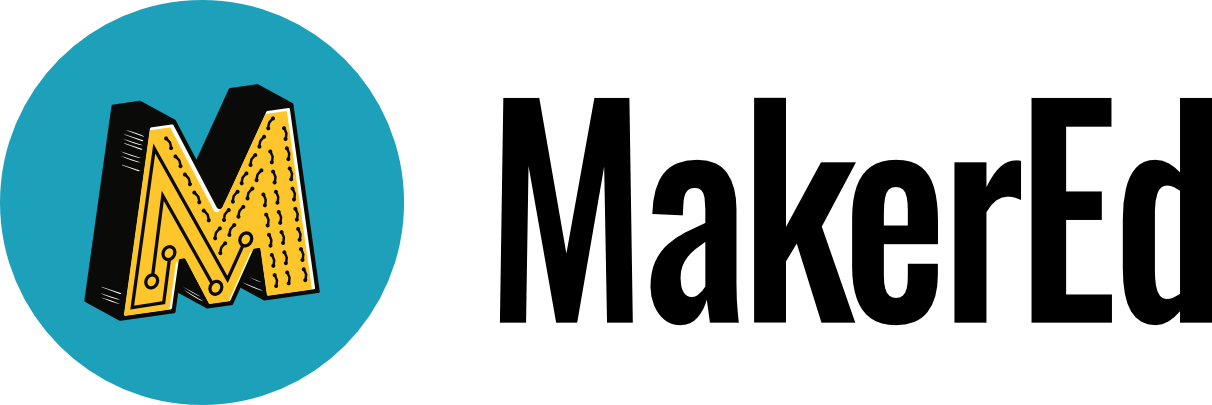Learning in the Making
Learning in the Making is an online video series of hands-on learning activities. There are 32 episodes covering topics like cooking, coding, design, music, puppets, poetry, pop-ups, and storytelling. Each episode includes project guides in English and Spanish.
Micro:bit Lessons for Elementary and Middle School
Cyber Arcade: Programming and Making with micro:bit is a fun and creative introduction to computer science and hands-on making for makers in elementary (ages 9–12) and middle (ages 12–14) grade levels with little to no experience in programming and 3D design. This curriculum was developed in collaboration with Oakland Unified School District and implemented in several afterschool programs in Oakland.
Beyond Rubrics: Moving Towards Embedded Assessment in Maker Education.
The Beyond Rubrics project, in partnership with MIT’s Teaching Systems Lab and supported by the National Science Foundation, kicked off in late 2017. The overall goal of the effort was to develop a set of embedded assessment tools and practices for maker education, specifically integrated into middle school classrooms.
Ask a Maker Educator Video Series
Ask a Maker Educator was an informal 30-minute online gathering from 2016-2018 that paired up a Maker Ed staff member with an experienced maker educator(s) to chat and answer questions from the community. This series included 26 episodes that can be found on this Ask A Maker Educator YouTube playlist.
Maker Ed’s Open Portfolio Project
The Open Portfolio Project aims to develop a common set of practices for portfolio creation, reflection, and sharing to create an open, decentralized, and distributed lifetime portfolio system for makers. In collaboration with Indiana University’s Creativity Labs, the Project includes three phases of work: a literature review, visits to field sites with iterative design experiments, and a written set of research briefs. The Project began in October 2013 with visits to 10 youth maker program field sites in 2014, narrowed down to 5 field sites in 2015. In 2016 we ran two workshops for around 60 educators for two days to explore portfolio platforms, principles, and examples, and develop practices of their own. Throughout 2018 we wrote research briefs: Phase 1 Research Brief Compilation (9 total), Practical Guide, Phase 2 Research Brief Compilation (11 total), and summarized the project here.
